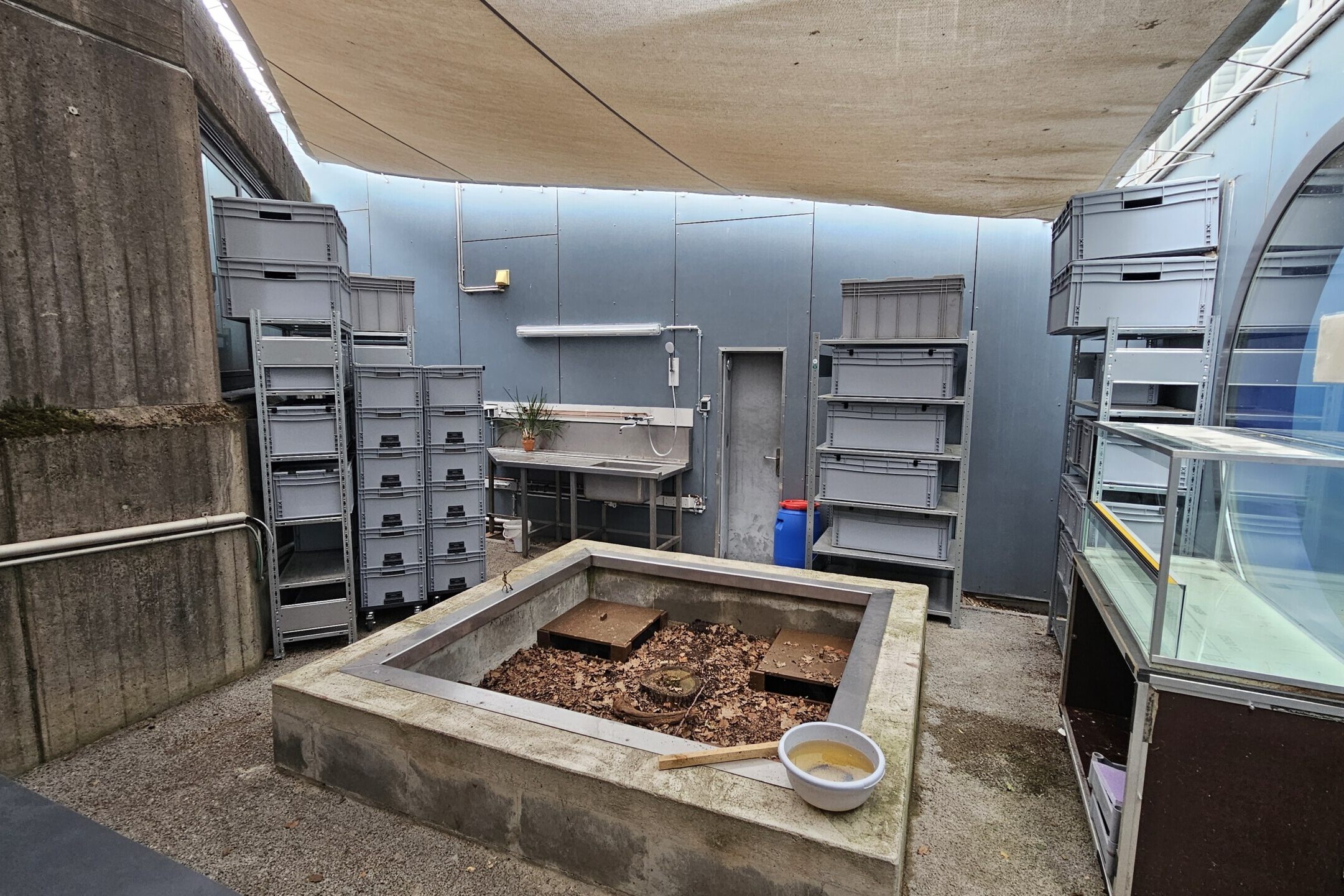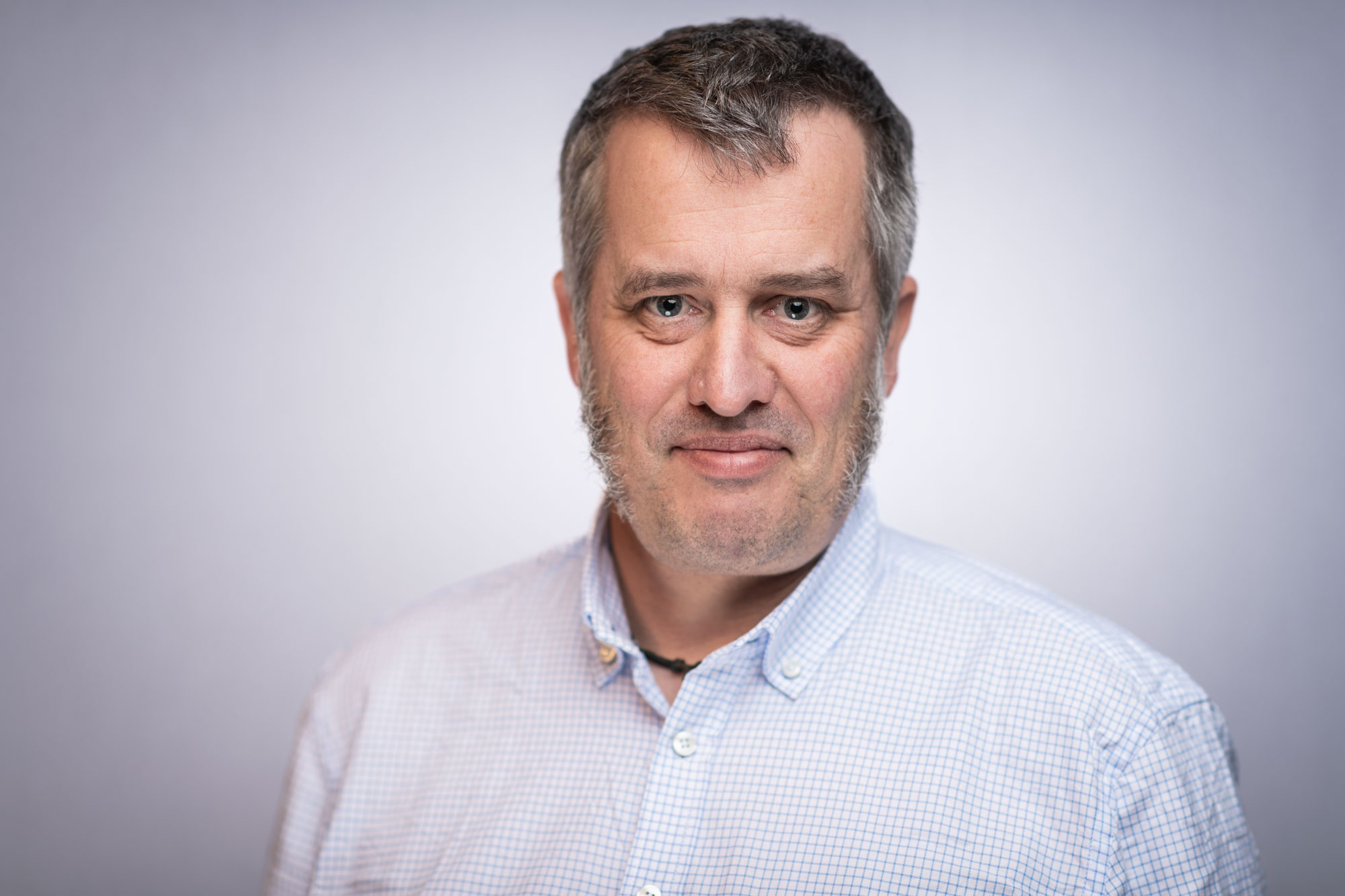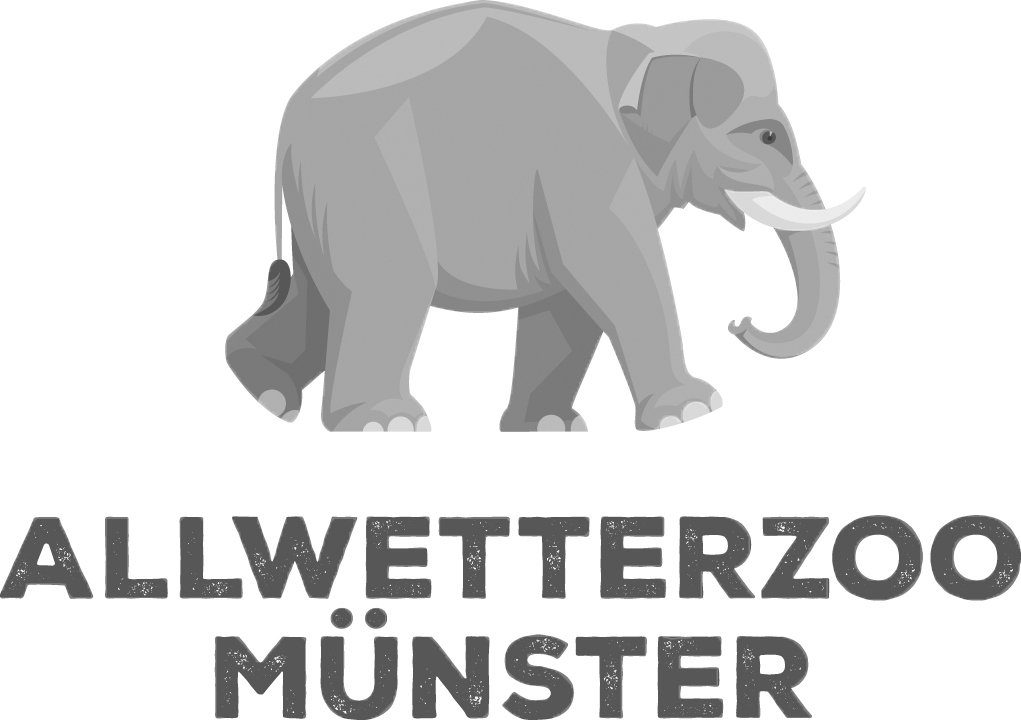The Allwetterzoo is Establishing a Regional Conservation Breeding Program.
Bsal has not yet reached Münsterland. However, if the pathogen reaches Münsterland, it could become critical for the fire salamander populations, as the fire salamander does not have a contiguous distribution area in Münsterland and the populations are sometimes very small-scale. If Bsal occurs here, an entire population can quickly be eradicated. Therefore, the Allwetterzoo, together with authorities and nature conservation organizations, wants to establish a reserve population. This is supported by the waste management companies in Münster. The facility will be visible to visitors and will include an area for hibernating, as well as plastic boxes suitable for salamanders and a display terrarium. A field of tension arises between typical zoo terrariums, which copy the habitat, and breeding terrariums, which stand for conservation breeding – and thus for the accommodation of around 60 individuals. To build up such a reserve population, animals are taken from nature. The first ones were collected as larvae in the Wolbecker Tiergarten, after they were spawned in the middle of November in a puddle that then threatened to dry out. In addition, adult animals will be taken from nature this year. If necessary, the fire salamanders from November will be released back into the wild. However, the Allwetterzoo does not want to manage the conservation breeding program alone, as the animals should also be kept in cooperation with private keepers. This is also to minimize the risk of the entire reserve population being infected by a Bsal entry.
More information on the website of the Allwetterzoo Münster.



